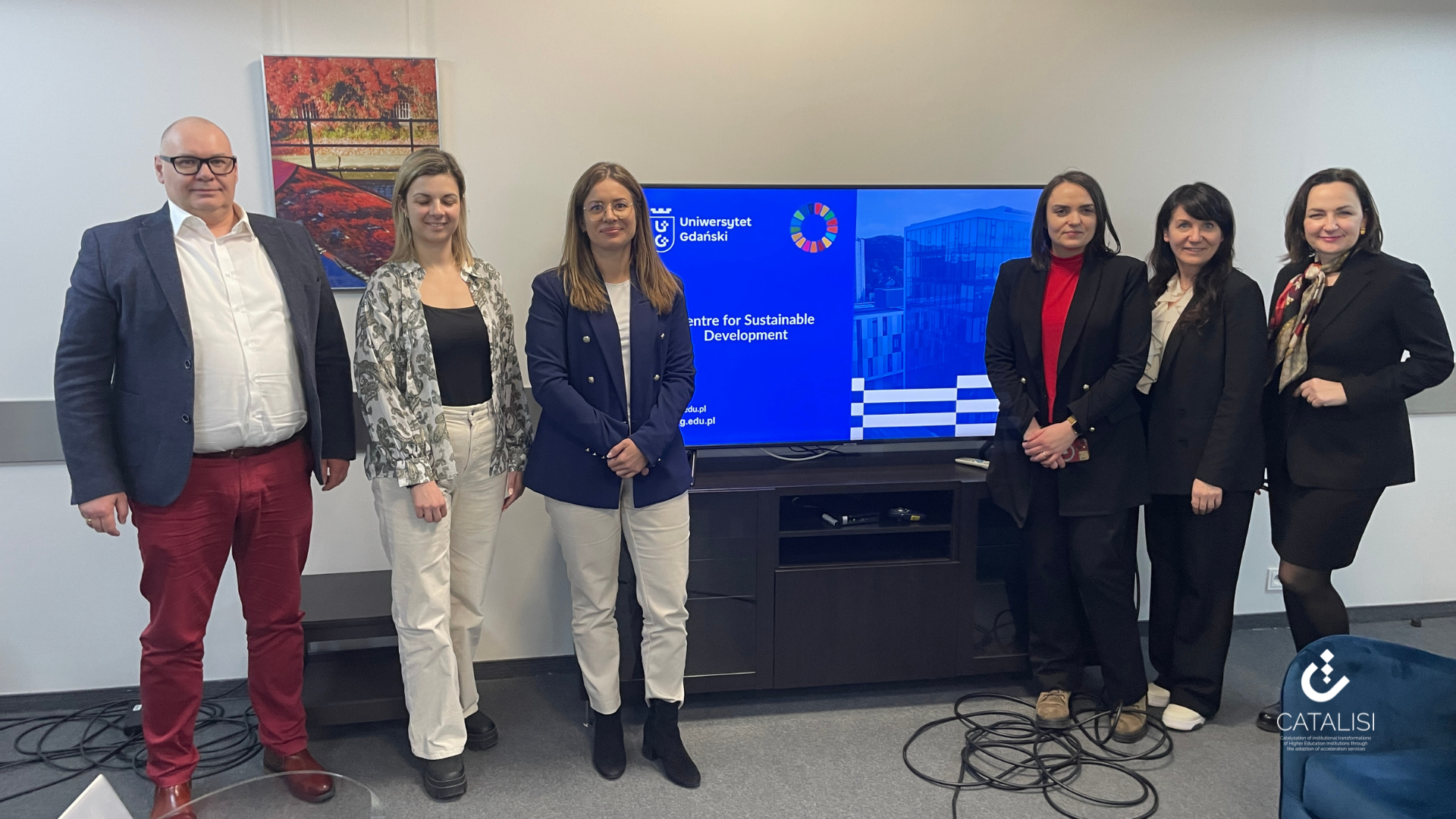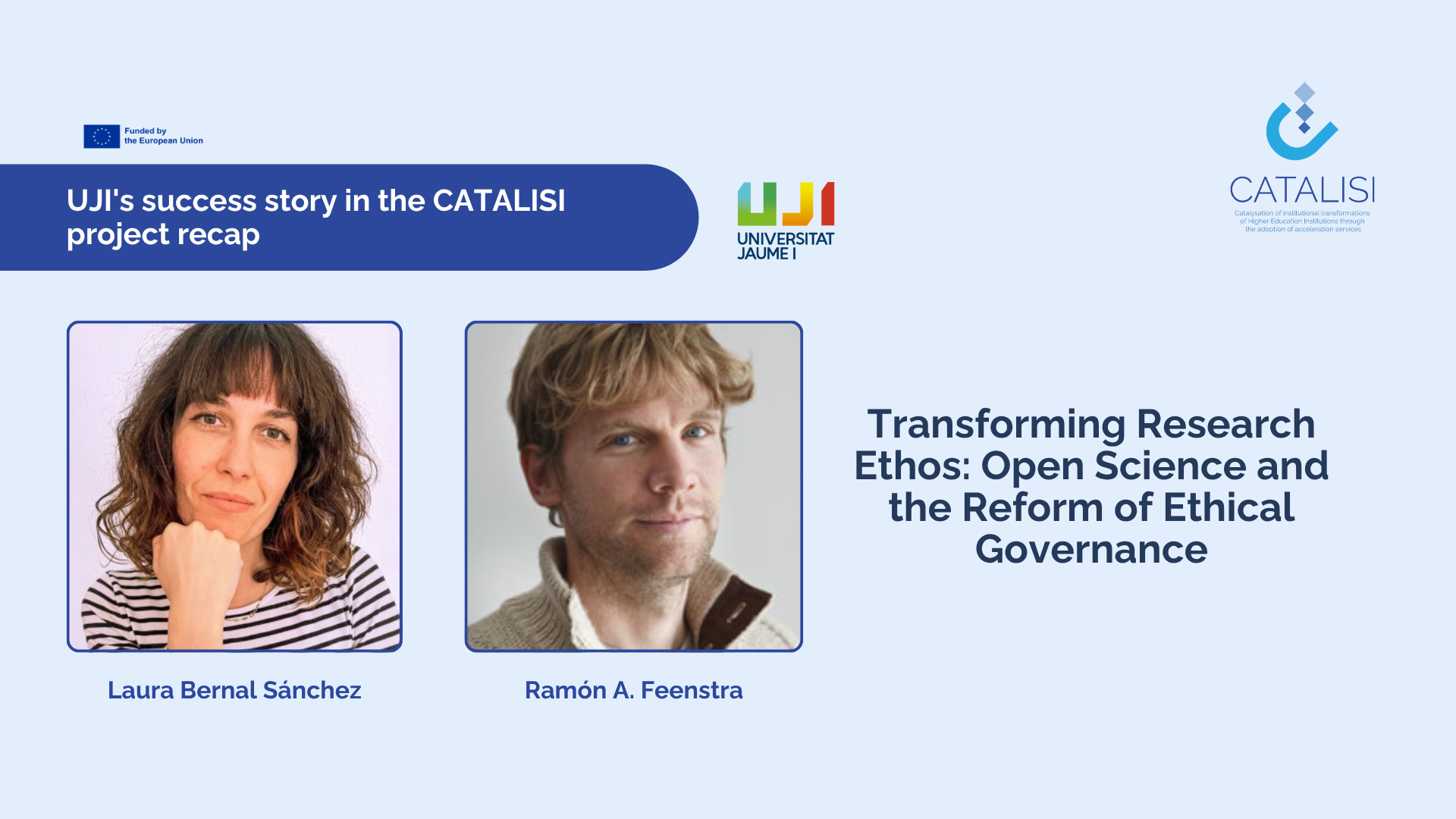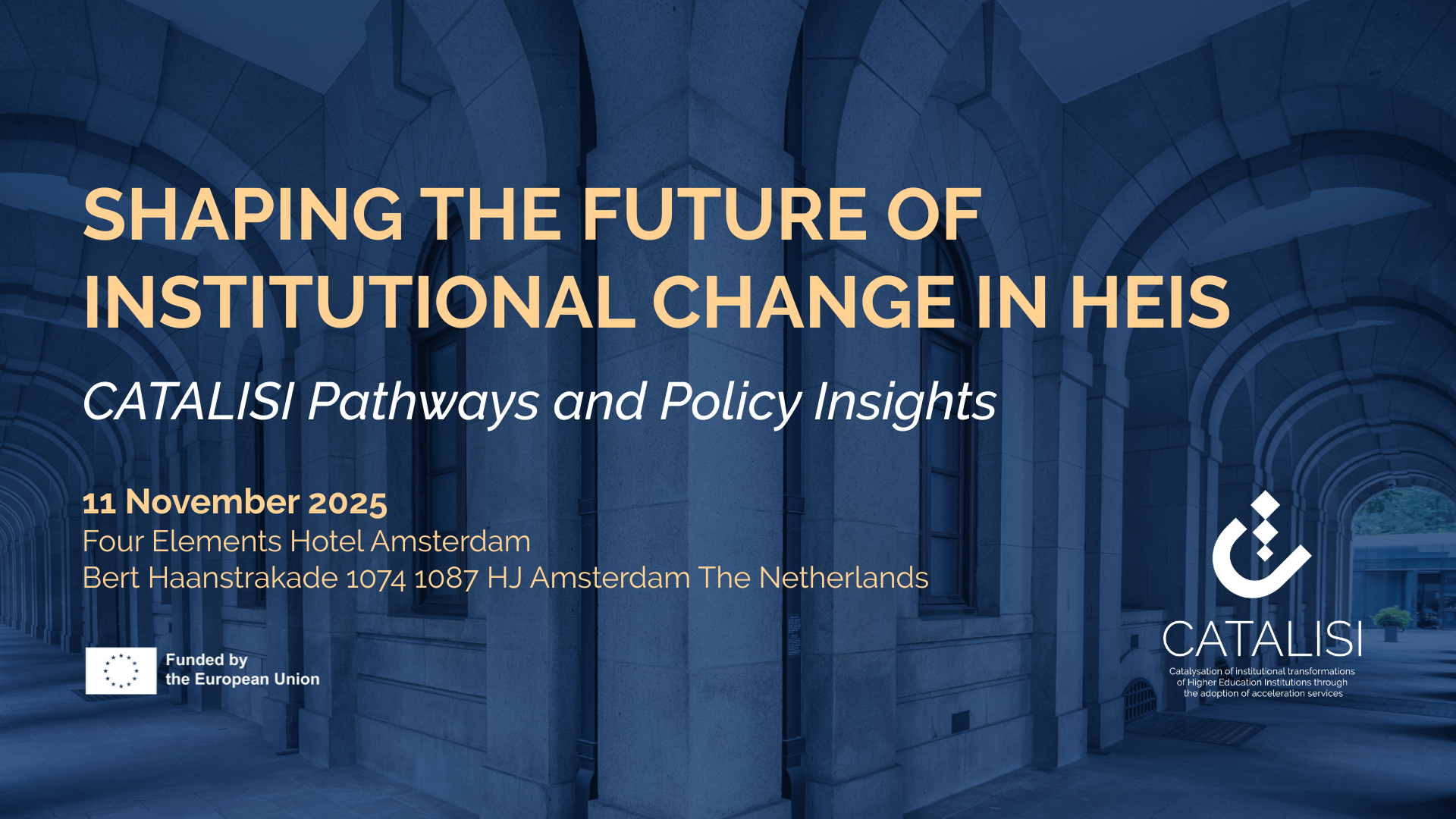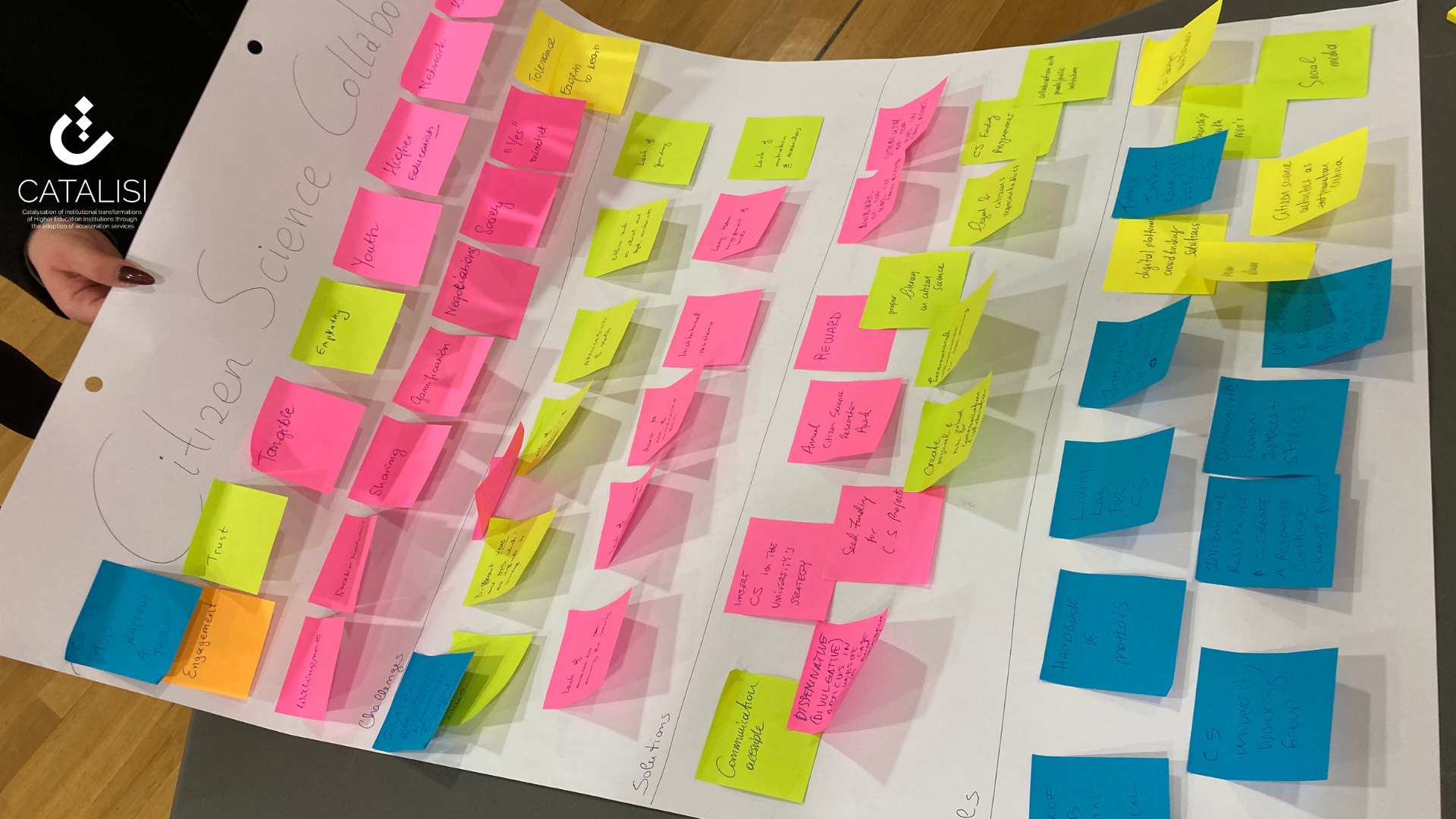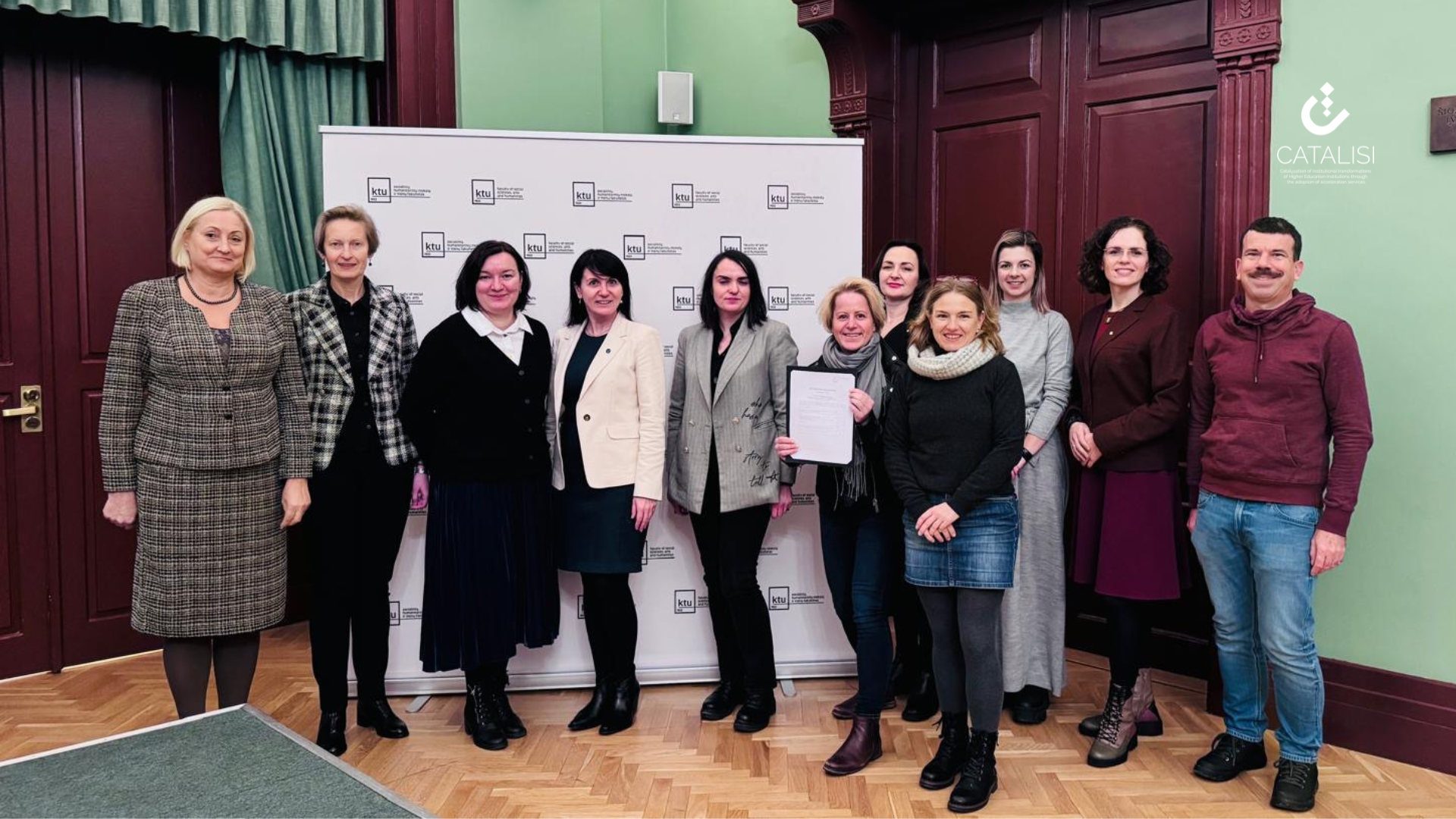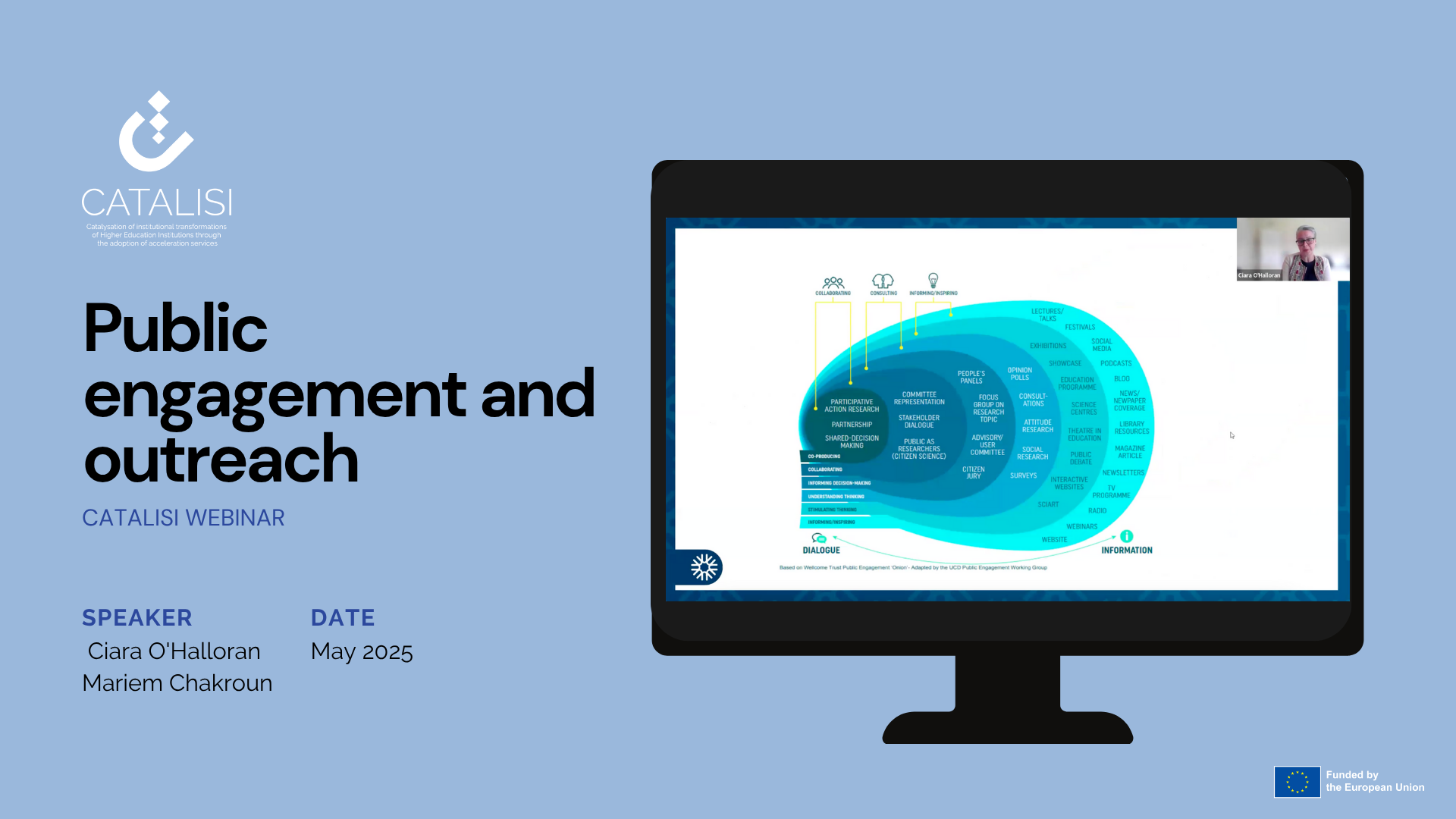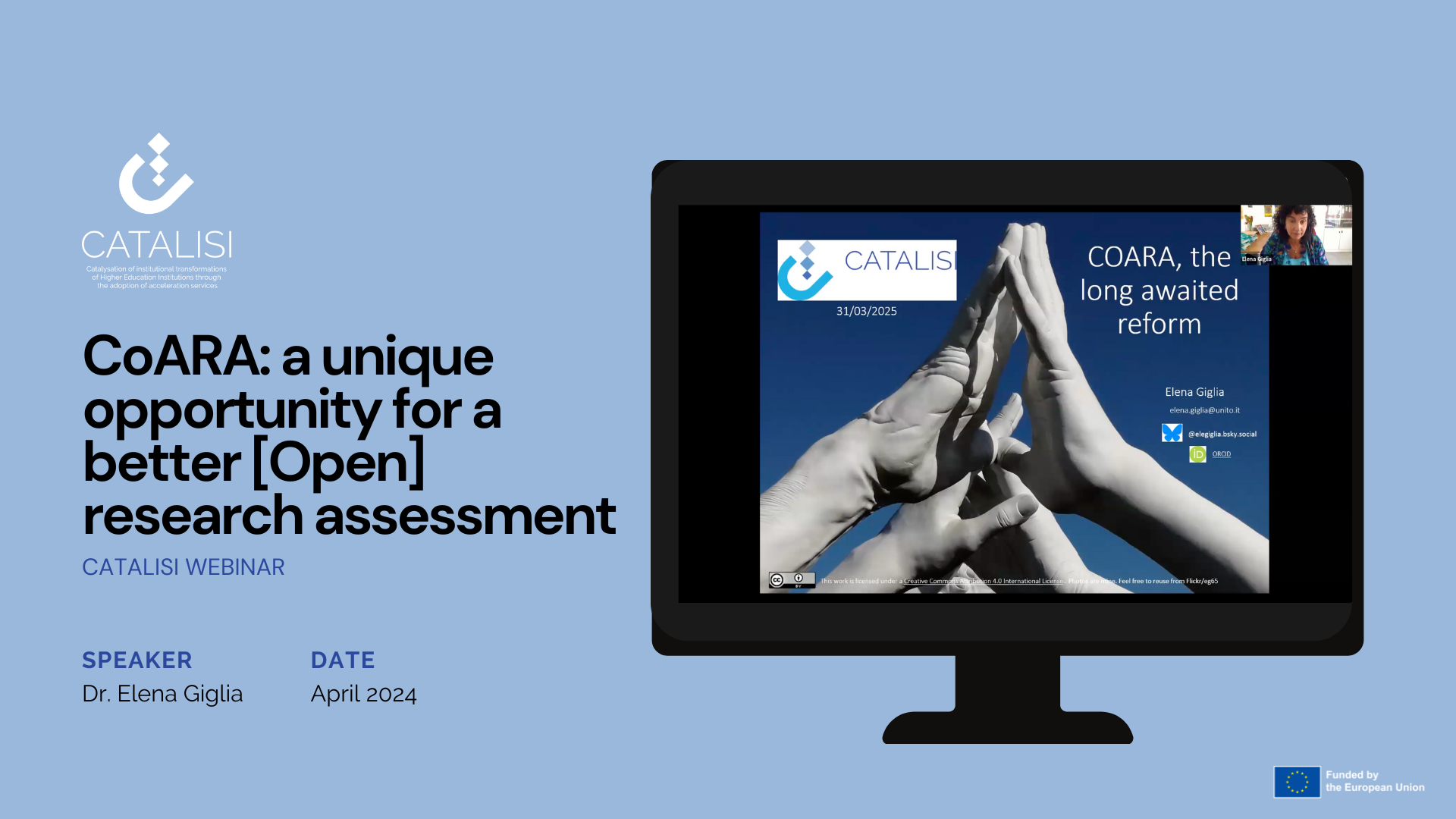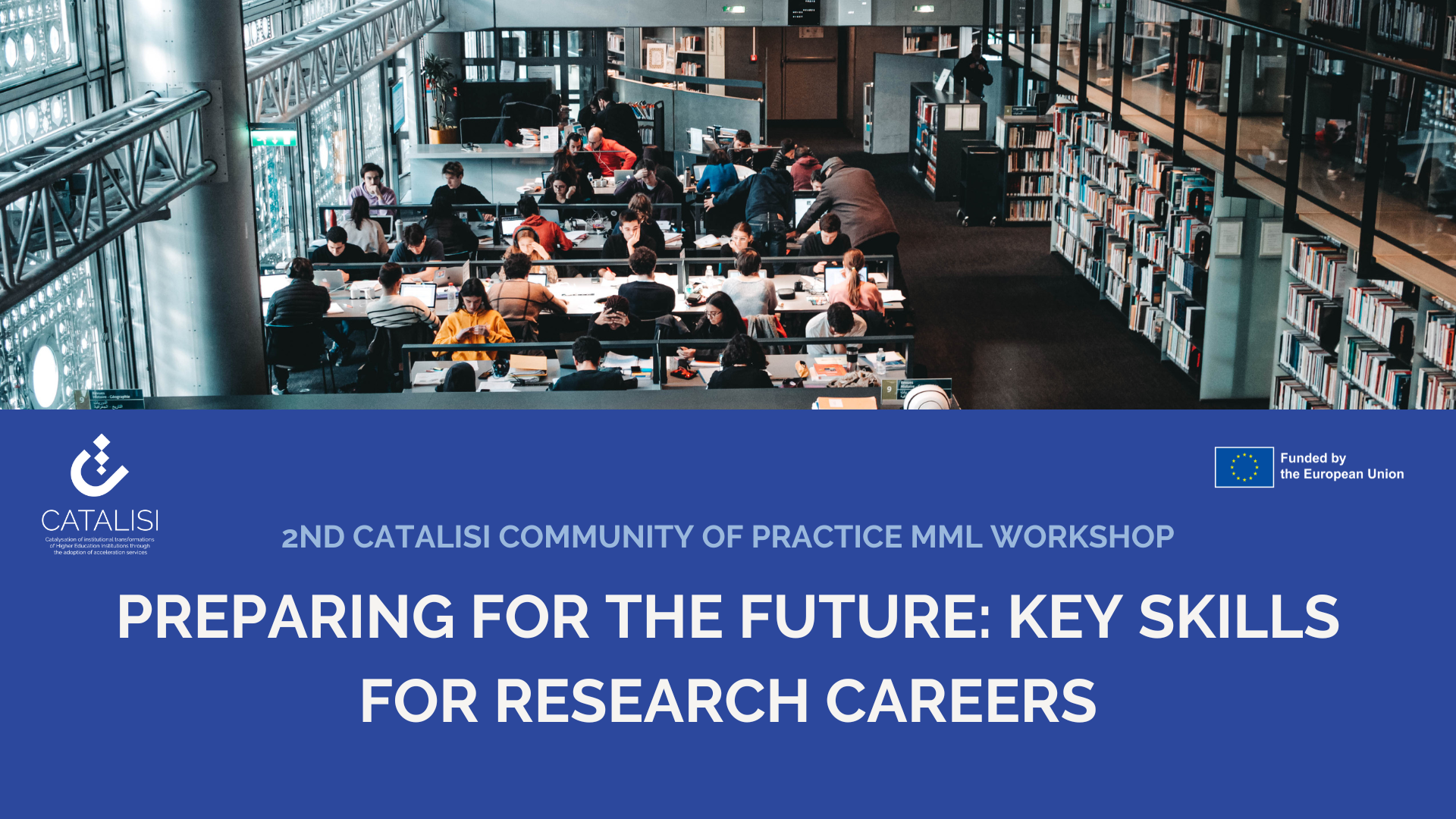The Italian landscape of Open Science reflects a structural complexity still in flux, shaped by local experimentation, institutional accelerations, and regulatory uncertainties. Twenty years after the 2003 Berlin Declaration and the subsequent 2004 Messina Declaration — which laid the foundation for an open science culture in Italy — the national university system is gradually aligning its research publication and evaluation models with the principles of Open Access. These early formal commitments to open science, initially focused on providing free access to research outputs, have since evolved into a broader conceptual shift encompassing the entire scientific production cycle.
A crucial milestone in this transition is represented by the San Francisco Declaration on Research Assessment (DORA), which has had a significant impact both internationally and within Italy since 2012. Addressed to all stakeholders in the research system—funding agencies, publishers, institutions, and researchers—the declaration calls for a radical change in how scientific quality is assessed, moving beyond the exclusive use of bibliometric indicators, and promoting broader, more transparent and inclusive criteria that acknowledge the diversity of contributions to knowledge.
Within this framework, and alongside the “Green Open Access” route, the “Diamond Open Access” model has gained traction across Europe and internationally. Today, it represents a preferred path for many universities and research centers, including those in Italy. The Diamond Open Access Action Plan, launched in March 2022 by a consortium including Science Europe, OPERAS, and cOAlition S, outlines a non-commercial publishing ecosystem that is free for both authors and readers, supported by scholarly communities and grounded in the principles of bibliodiversity, equity, and sustainability. It is estimated that there are between 17,000 and 29,000 active Diamond journals worldwide, which account for approximately 45% of all open-access publications. However, this model remains fragile, hindered by infrastructural, managerial, and financial challenges that require systemic and coordinated support.
In Italy, the adoption of these principles progresses at varying speeds, often driven by local initiatives led by universities and networks of academic libraries. The result is a fragmented landscape where the transformative potential of Open Science must contend with administrative constraints, evolving funding models, and the need for a clearer regulatory framework. It is within this dynamic context that the transformation underway at Luiss is situated: a university committed — also through the European CATALISI project — to making Open Science a strategic pillar of its research policies.
With the specific features of a private university structured into five departments — Law, Political Science, Economics and Finance, Business and Management, and AI, Data and Decision Sciences —Luiss is strongly oriented toward innovation and international engagement. In this context, the university has embarked on a gradual integration of Open Science principles into its research strategy. The Diamond Open Access model offers a particularly promising perspective in this process: its financial sustainability — ensured by public or institutional funding — makes it a potentially compatible solution for both Luiss and Luiss University Press. This model can support open access, multilingual, and bibliodiverse academic publishing initiatives. Luiss’s support for this model unfolds along three main lines: concrete support for faculty throughout the publication process; continuous cultural awareness-raising; and the operational facilitation of publishing, which includes participation in transformative agreements as well as structured use of institutional repositories.
Transformative agreements — negotiated at the national level by CARE-CRUI, the Coordination Group for Access to Electronic Resources within the Conference of Italian University Rectors — intend to convert traditional journal subscription models into agreements that include Open Access publishing fees. These agreements, signed on behalf of all Luiss-affiliated faculty members, including non-tenured academics, cover publication with some of the world’s leading publishers, such as Elsevier, Cambridge University Press, Oxford University Press, and Springer Nature. Luiss’s participation in these agreements reflects a pragmatic and incremental approach: on the one hand, the University supports the structural experimentation required by the Diamond model; on the other, it ensures continuity in the accessibility and dissemination of its research output through well-established publishing channels, while awaiting the emergence of new systemic solutions.
Luiss’s early interest in an inclusive and responsible approach to science was evident in its initial adoption of institutional repositories aimed at collecting and enhancing the visibility of faculty research outputs. The university’s first bibliographic archive, U-GOV RICERCA — later replaced by IRIS, the Institutional Research Information System — marked a foundational step toward building a stable database for open access to research products. Adopted in 2014 and gradually extended to include PhD candidates and research fellows, IRIS now enables the systematic collection of Luiss’s scholarly output, in compliance with editorial policies and copyright regulations. It is also interoperable with major national and European databases, including those of the Ministry of University and Research (MIUR) and OpenAIRE. This repository, compliant with international standards on metadata and open access, has over time become not only the official archive of the university’s scientific output but also the central tool for assessing the quality of research conducted by Luiss faculty and researchers. IRIS serves as the platform for the Internal Research Evaluation, VIR, an annual, transparent, and participatory procedure that allocates individual research funds based on the quality of uploaded publications. These are assessed using criteria aligned with the national Research Quality Assessment (VQR) and shared with other academic communities. Thus, IRIS functions not only as a repository of information but also as a strategic lever for promoting more transparent, traceable, and open research practices. It marks a shift from a purely archival logic to a true governance model for research data and metrics.
To support this ongoing evolution towards a more open and informed management of research, the University had already adopted its first Open Access policy in 2016. Through a synergistic collaboration between the Research and Third Mission Office and the University Library, archiving practices have progressively become a concrete expression of a growing sensitivity to the principles of Open Science. In view of the upcoming 2026 VIR assessment, covering the evaluation period 2023–2025, a new self-declared and verifiable field will be introduced in the repository to track the availability of the publisher’s version of a publication in Open Access. This data will become an integral part of the reward allocation system, thus providing a concrete incentive for the adoption of open publishing practices.
As highlighted by Annalisa D’Agostino, Head of the Research and Third Mission Office, this decision responds to new requirements set by European funding frameworks, particularly Horizon Europe, which mandates public access to research results from applying to the call for grants. As noted by the University Library, the integration of the Open Access parameter into the VIR reflects a dual awareness: on the one hand, the need to comply with European guidelines; on the other, the desire to foster internal cultural change by recognizing and rewarding those who adopt more open and responsible dissemination strategies.
In addition to revising research evaluation metrics, Luiss complements its technical support with a structured and strategic approach to raising awareness within the academic community. Since 2025, the Research and Third Mission Office has enhanced its communication efforts through the launch of the Open Science Corner — a dedicated section within the Research and Third Mission Newsbook, Luiss’s research magazine — offering regular updates from the Open Science community, along with practical tools and resources for conducting research. This complements the periodic promotion of relevant calls for papers, events, and conferences in the field of Open Science. Since 2022, Third Mission initiatives have also increasingly integrated Open Science into faculty and management staff seminars and training opportunities. Among the most significant was the 2023 seminar “Open Science from A to Z”, where Elena Giglia, Head of the Open Science Project Unit at the University of Turin, provided a multi-session overview of the current research assessment landscape — still heavily influenced by impact factors and the commercialization of open access — and introduced more equitable and sustainable alternatives.
To further consolidate this approach, Luiss University Press, under the direction of Daniele Rosa, supports the Tesi d’eccellenza (“Theses of Excellence”) project, which showcases the best undergraduate theses by Luiss students through free and accessible publication since 2013. Luiss University Press has also introduced Teaching Cases since 2019, and Luiss Case Studies since 2023, which are fully downloadable and available in Open Access. These efforts contribute to the development of an editorial infrastructure fully aligned with the principles of Open Science.
Underscoring its systemic commitment, Luiss held a strategic meeting in late May between the Research and Third Mission Office, the Library, and Sebastiano Sali, Community Manager of OAPEN — the world’s largest virtual library for Open Access books. In response to OAPEN’s interest in understanding and strengthening the Open Access ecosystem in Italy, Luiss viewed this exchange as a starting point for an internal reflection aimed at updating its institutional Open Access policy. The goal is to align with European standards and provide Luiss University with a policy framework suited to the mature phase of its Open Science journey.
Learn more about Luiss success story under the CATALISI project in this link


